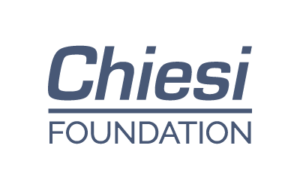The country
The Central African Republic is a country in Central Africa with a wide variety of landscapes. Its strategic geographic location has made it a crossroads of cultures and trade routes but has also exposed it to conflict and instability. The country’s natural resources, including diamonds, gold and uranium, have often attracted the interest of external actors and fueled internal tensions.
In 2023, the population of the Central African Republic was approximately 5,152,421. Population growth is significant, with a population growth rate of 1.1%. The population distribution is predominantly rural, with 60% living in rural areas. Life expectancy at birth is approximately 50 years for men and 55 years for women.
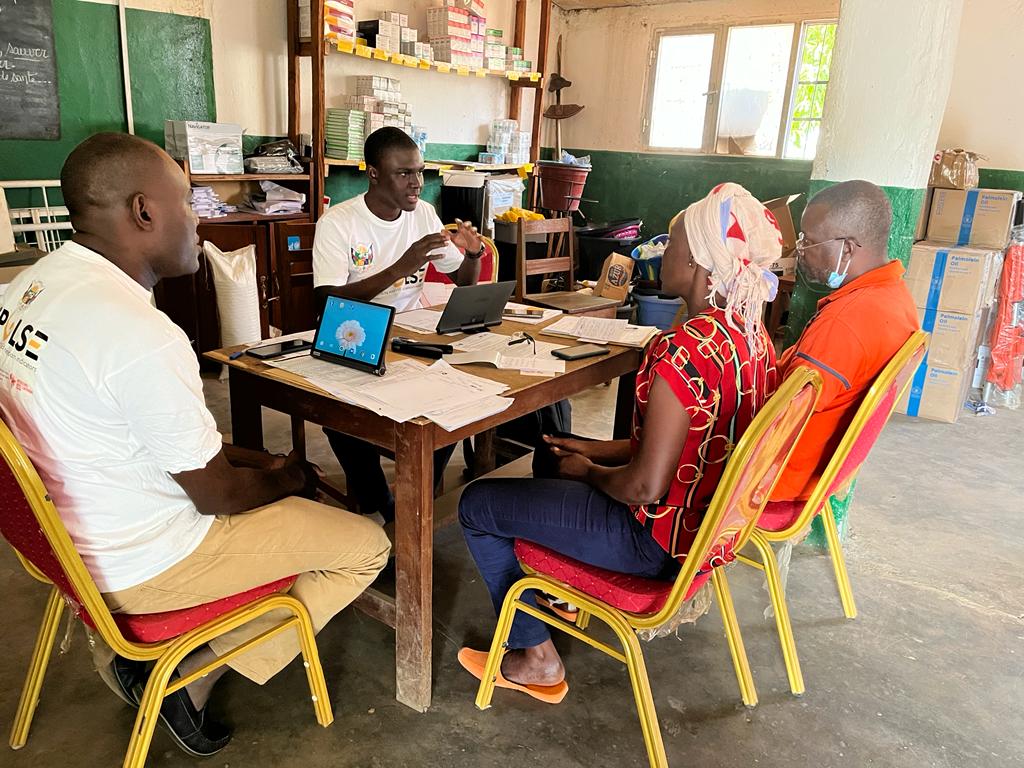
From a socioeconomic point of view, the Central African Republic is one of the poorest countries in the world. The economy is based mainly on subsistence agriculture and infrastructure is poor. Social inequalities are deep and access to basic services is limited for a large part of the population. The presence of armed groups and poor governance have hindered the country’s development.
Politically, the Central African Republic has a turbulent history, marked by coups, and ethnic and religious conflicts. In recent years, the country has been the scene of a serious humanitarian crisis, triggered by clashes between armed groups and intercommunal violence, which have also caused a massive exodus of the population.
The health situation is among the most critical in the world: access to basic services is extremely limited, with acute shortages of qualified medical personnel, essential drugs and adequate infrastructure. Infectious diseases such as malaria, tuberculosis and HIV/AIDS are endemic and infant and maternal mortality are among the highest in the world. Malnutrition is widespread, especially among children, and the COVID-19 epidemic has further aggravated an already critical situation.
In 2022, the neonatal mortality rate in the Central African Republic was approximately 31,7 deaths per 1,000 live births. This highlights the urgent need to improve neonatal care in the country, where access to quality health services is limited and resources are scarce.
(Source: data.who.int)
The Central African Republic in numbers
The Central African Republic in numbers
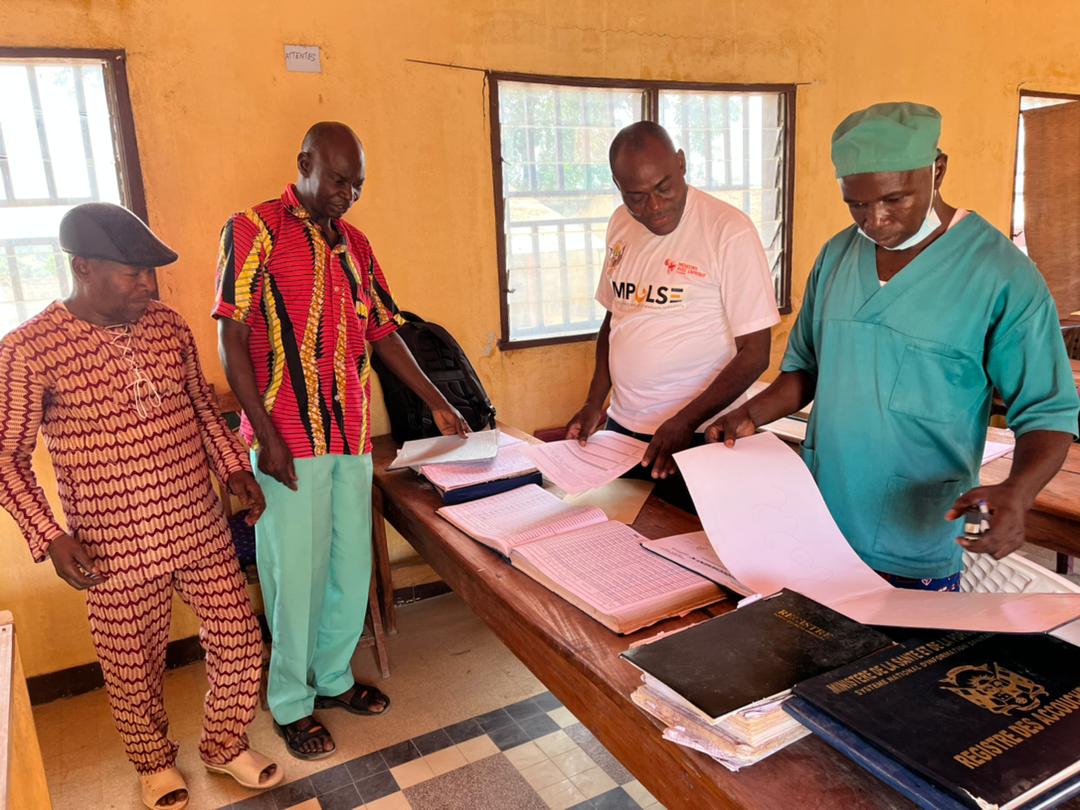
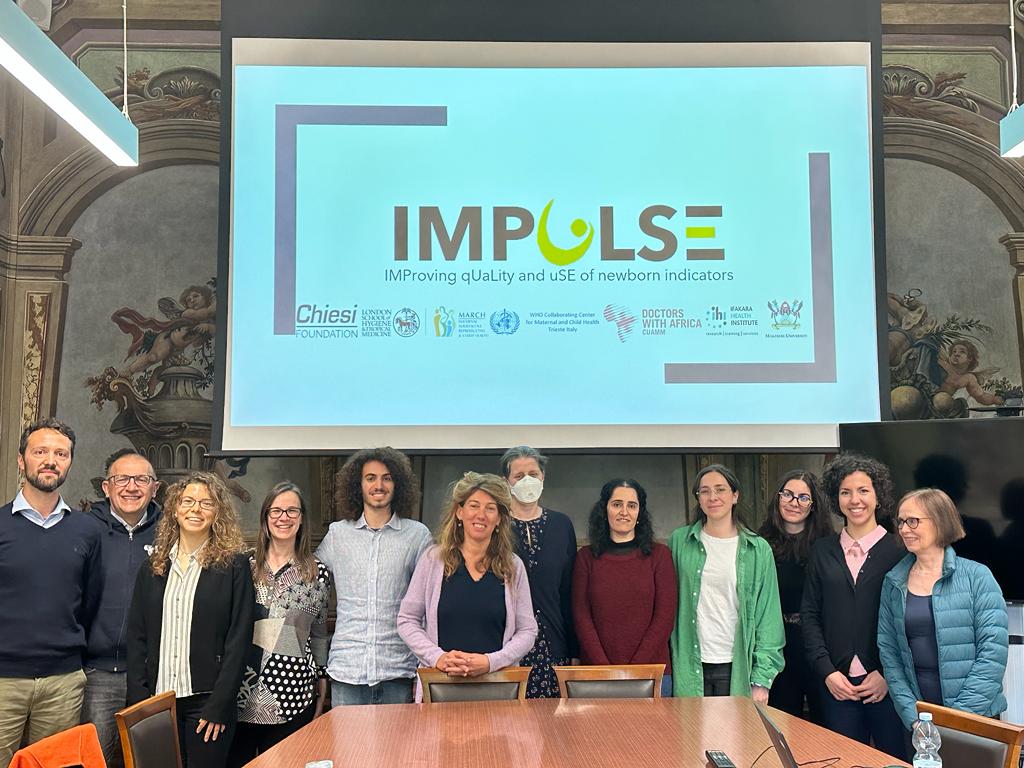
Our intervention
One of the main institutional purposes of the Chiesi Foundation is the promotion of medical-scientific research activities, with particular attention to the study of diseases in the respiratory or neonatology fields.
Launched in 2021, the IMPULSE (Improving Quality and Use of Newborn Indicators) project, supported by the Chiesi Foundation, has as its primary objective to generate scientific evidence on effective methods and tools to improve the quality of neonatal data in sub-Saharan Africa. This research project, implemented in Ethiopia, the Central African Republic, Tanzania and Uganda, aims to contribute to the improvement of the health and well-being of newborns, especially small and sick newborns admitted to neonatal units.
Since the project started, important milestones have been achieved. After defining the first phases and selecting the research teams in the different countries, the data collection and analysis were carried out.
During 2023, data collection was completed in all the countries involved and the first analyses began. In parallel, a “Theory of Change” model was developed that will outline the future actions of the project. This model, the result of a broad consultation process with all the actors involved, was approved by the Management Board of the Chiesi Foundation.
The results obtained so far by the IMPULSE project demonstrate the importance of investing in research to improve the quality of neonatal care in low-income countries. Thanks to this project, it will be possible to develop more effective tools and methodologies to monitor and evaluate the quality of care provided to newborns, thus contributing to reducing infant mortality and improving the health of new generations.
Our intervention
One of the main institutional purposes of the Chiesi Foundation is the promotion of medical-scientific research activities, with particular attention to the study of diseases in the respiratory or neonatology fields.
Launched in 2021, the IMPULSE (Improving Quality and Use of Newborn Indicators) project, supported by the Chiesi Foundation, has as its primary objective to generate scientific evidence on effective methods and tools to improve the quality of neonatal data in sub-Saharan Africa. This research project, implemented in Ethiopia, the Central African Republic, Tanzania and Uganda, aims to contribute to the improvement of the health and well-being of newborns, especially small and sick newborns admitted to neonatal units.


Since the project started, important milestones have been achieved. After defining the first phases and selecting the research teams in the different countries, the data collection and analysis were carried out.
During 2023, data collection was completed in all the countries involved and the first analyses began. In parallel, a “Theory of Change” model was developed that will outline the future actions of the project. This model, the result of a broad consultation process with all the actors involved, was approved by the Management Board of the Chiesi Foundation.
The results obtained so far by the IMPULSE project demonstrate the importance of investing in research to improve the quality of neonatal care in low-income countries. Thanks to this project, it will be possible to develop more effective tools and methodologies to monitor and evaluate the quality of care provided to newborns, thus contributing to reducing infant mortality and improving the health of new generations.
